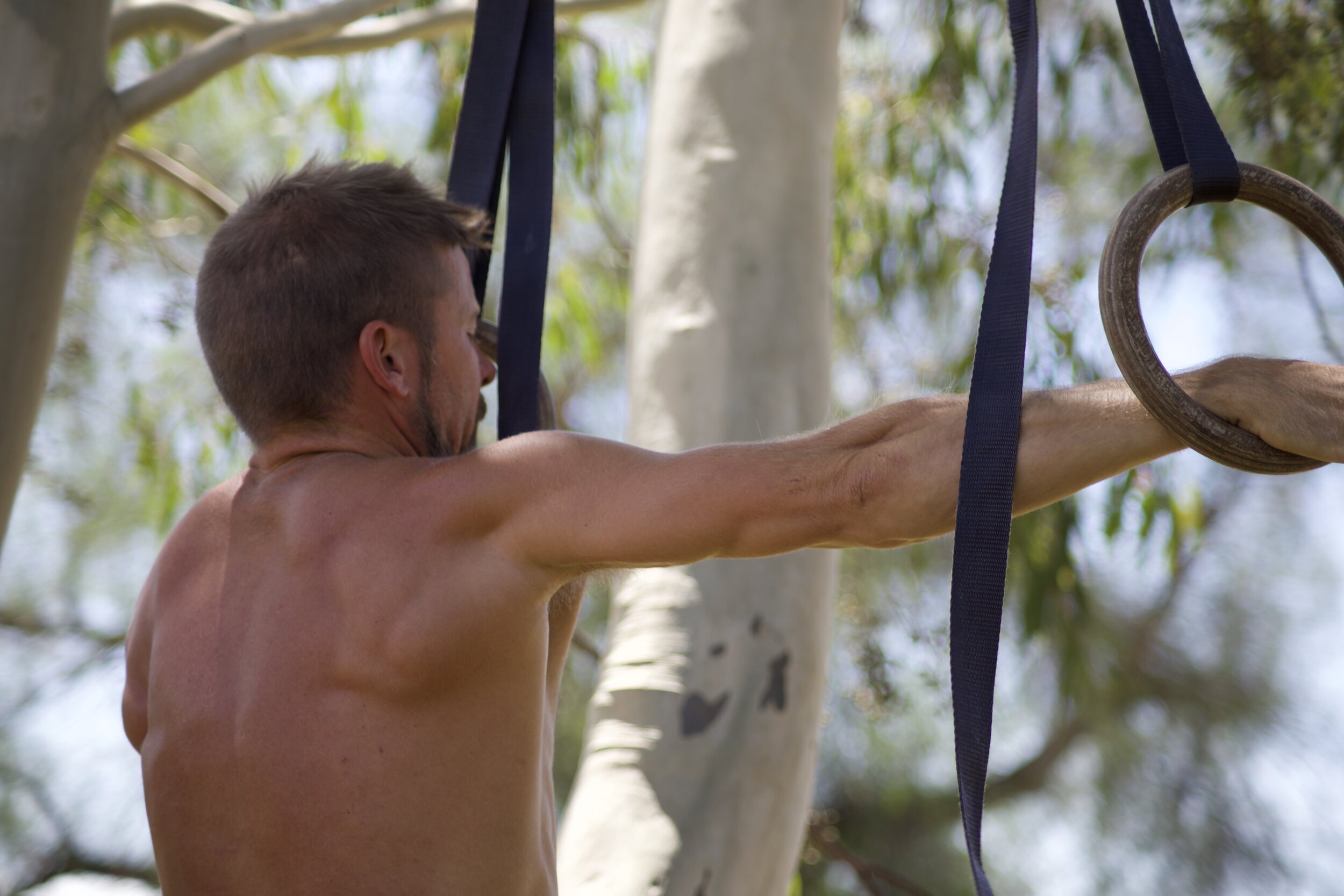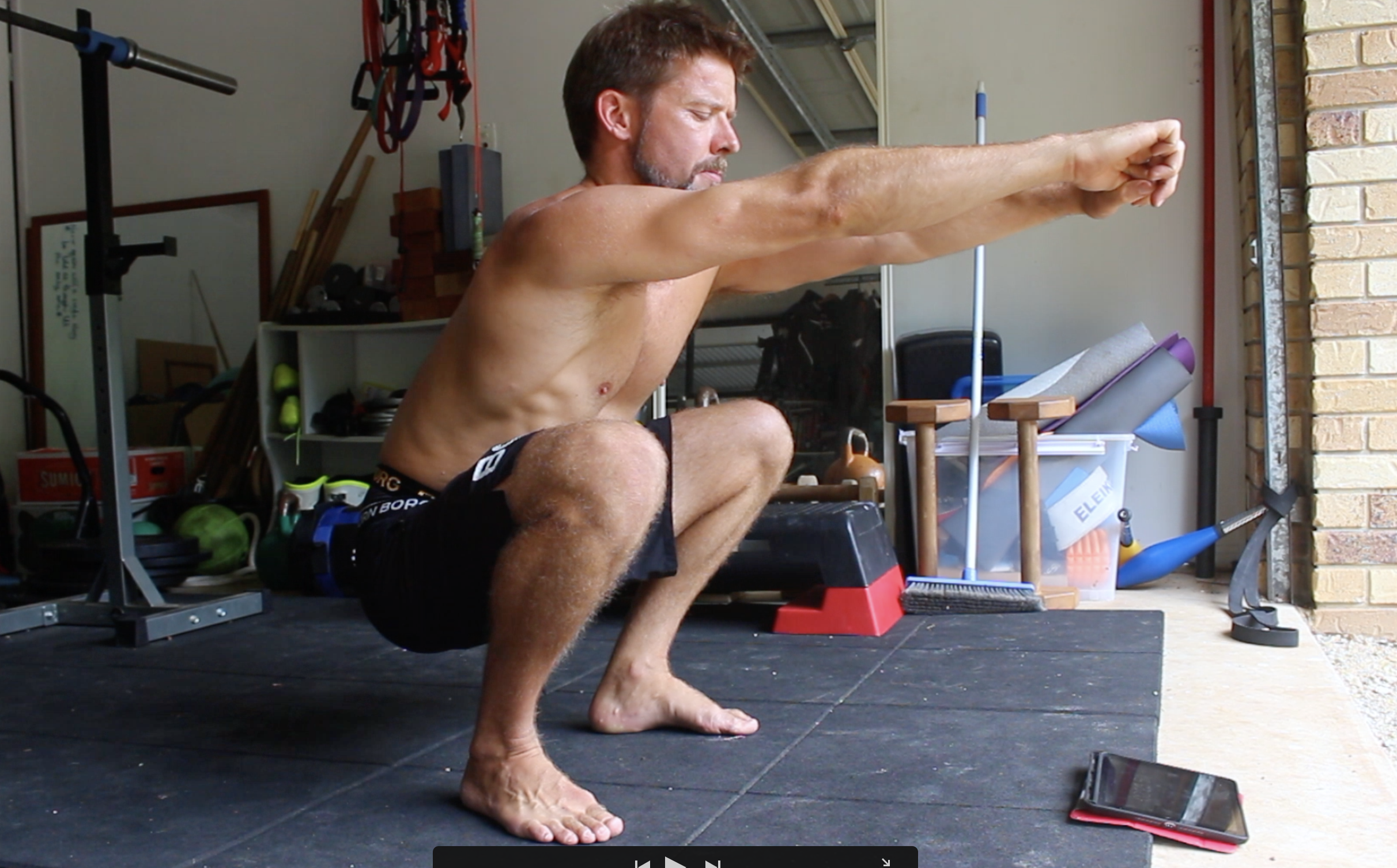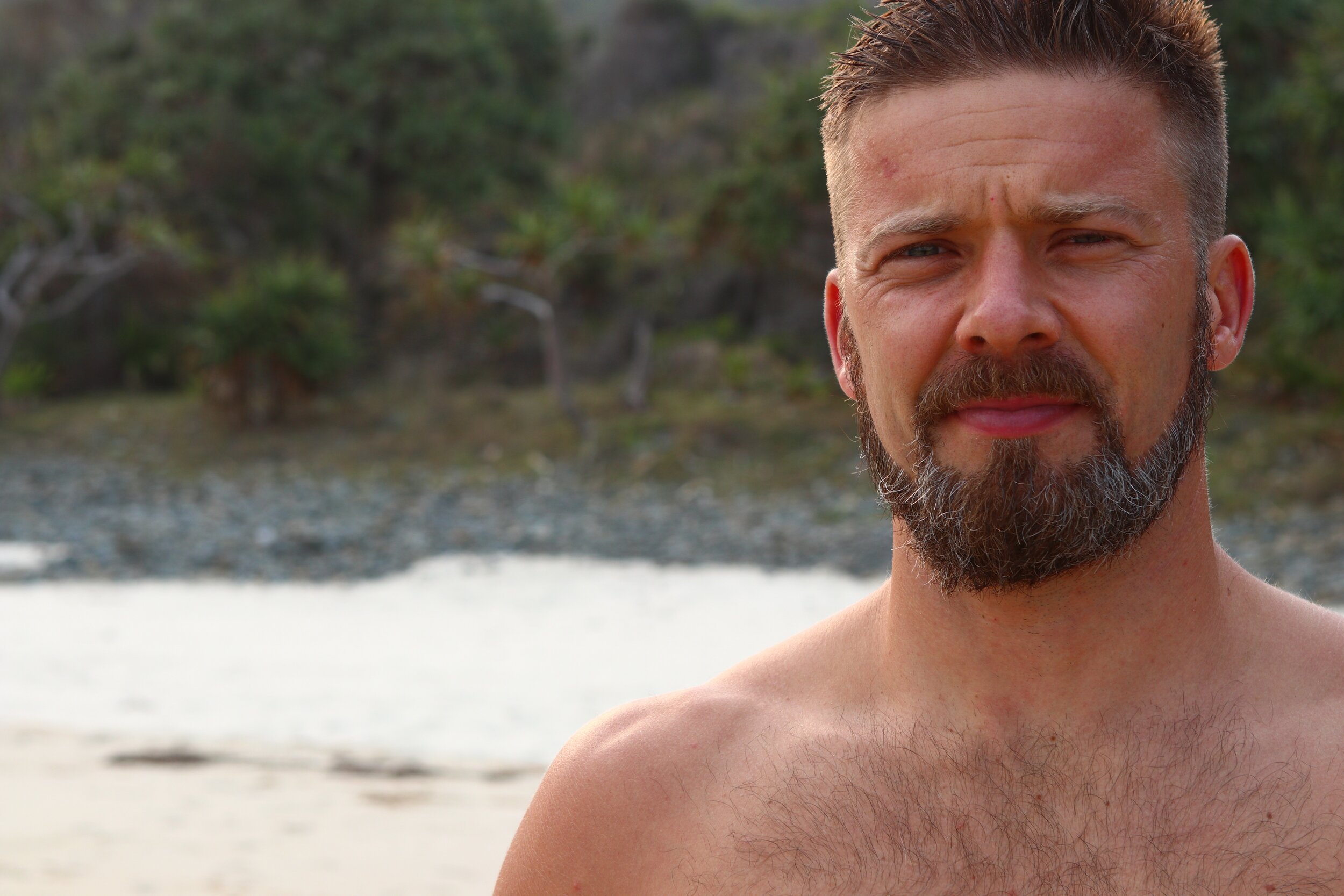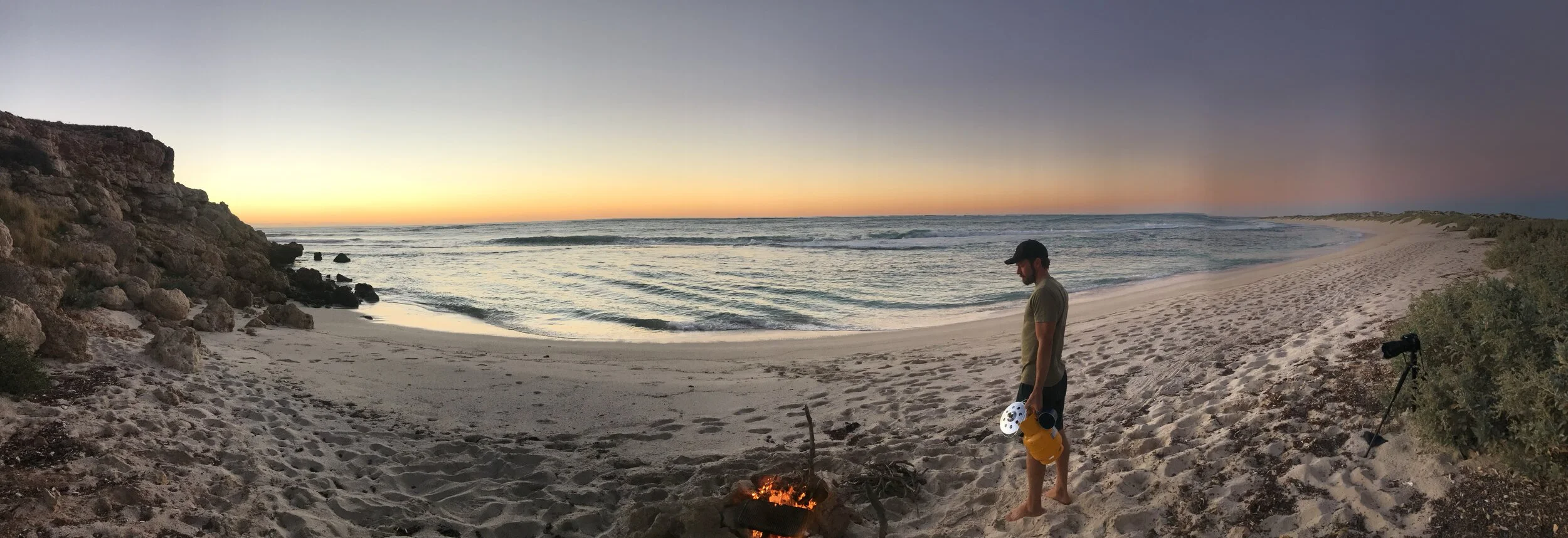
The Hidden Story Behind Blood Test Results
A lot of people in their midlife get regular “health checks” and are often told that their blood work is “normal” and they’ve nothing to worry about.
However, people who feel “unwell” will appear “normal” when their results are compared to the conventional medicine blood reference ranges.
There is a big problem with normal….

Why recreational athletes often experience leaky gut?
Back in the day, when I was training and competing in marathons and triathlons, I started to experience certain food sensitivities, poor sleep, diarrhea, and nausea. I put it down to stress, high training volumes, and working long hours as a personal trainer. Although doing a food sensitivity (IgG) test helped me remove particular foods that increased the symptoms (whey, eggs, gluten, cashews, alcohol, etc.), it wasn't enough to fix the underlying cause. I later found out I had a leaky gut, and once I fixed it, all of these symptoms went away.
…
Leaky guy played havoc with my sleep, my ability to recover and, therefore, my health and happiness. Today, my gut health is significantly better, and I wish I had addressed the problem sooner.

Fuelling for the demands of training
A low dietary energy intake relative to exercise energy demands (ie low energy availability) may result in an array of medical issues. Many recreational athletes following mainstream diets are under-eating. Most are not eating enough to fuel their training, to improve their body composition (decrease body fat and maintain/increase lean muscle). 99.9% of recreational athletes are not getting enough micronutrients, like vitamins and minerals, in their diet to balance their hormones, strengthen their immune system, achieve their fitness goals, and increase their healthspan.

Goal Setting Begins with the End in Mind
One of Charles Poliquin’s principles was to "always begin with the end in mind." A lot of people have very vague goals like "I want to lose weight", "I want to get strong", or "I want to be fit and healthy." Vague goals lead to vague results; most of these people fail to achieve their goals because they fail to clearly define the destination. This holds true for all of our goals in life, not just in the gym.
In this post, I'm going to focus primarily on training goals, but the same principles apply to all other lifestyles, career, and business goals.

Up your hydration game
There seems to be little correlation between salt intake alone and high blood pressure. In some of the culture’s studied – higher salt consumption seems to suggest longer life expectancy – “…a low-salt diet may actually lead to serious health consequences and higher overall mortality, particularly in conditions like heart disease and diabetes…, a low salt intake is associated with higher mortality from cardiovascular events… the lowest risk of death for sodium excretion [is] between 4 and 5.99 grams per day…

Women's Health: Diet, Training and Hormones - Part 2
In part 1 of this women’s health post, I talked about the importance of nutrient density, diets, carbohydrates and the need to talk to your female clients about premenstrual syndrome (PMS), polycystic ovary syndrome (PCOS), insulin sensitivity, pregnancy and breastfeeding. The unrealistic media images and social pressure to look a certain way comes at a cost to our health, happiness, and longevity. Women need to be especially careful because their hormones can be particularly sensitive to lifestyle factors such as diet, exercise, sleep, and stress. The overuse of specific diets and training methods can create serious hormonal issues in women and impact fertility.

Why the old-fashioned squat is good for you health?
Ahhh, the humble squat. It’s one of the most effective moves in the gym; it’s also one of our most primal human movements. Or should I say it was a primal human movement? It's shocking to think that most people spend their day in two positions, standing and sitting. Standing includes walking and running as the range of ankle, knee, and hip flexion is only partial.
Long ago, before we all started sitting in chairs, squatting was our default resting position. For many traditional cultures, this is still the case. Those people who accumulate time in a deep squat on a regular bases experience significantly lower levels of back pain and digestion issues. Deep squats are great for supporting spinal health as well as aiding physiological processes in our bodies, such as digestion and elimination.

Why I created Protect The Asset
I’ve worked in the health and fitness industry for over a decade, and I’ve managed to build three very different but very successful businesses. I’ve run a small personal training business Shoreditch, London, I’ve owned a gym and employed staff, and I’ve built and online health and fitness business. As health and fitness professionals the opportunities are endless, but what price are we willing to pay when it comes to our own health, happiness and success?

My Journey To A Sustainable Career
In 2009 I quit my corporate office job to follow a passion to work in health and fitness.
Since then I’ve built three businesses, competed in marathons and IRONMAN events, coached Olympic level athletes, delivered over 10,000 personal training sessions, coached over 10,000 hours of group classes, written more training programmes than I can recall, completed countless workshops, courses and certifications, worked far too many hours, worked with a dodgy business partner and come close to burn-out multiple times.
I’ve made plenty of mistakes along the way and feel that the time has come for me to share my story and help other health and fitness professionals find a future that supports their passion in a sustainable, healthy way.

My Journey To Sustainable Health
This has been a hard topic to write about. Why? Because I went the wrong way about it. I pushed when I should have pulled. I trained when I should have slept. I sabotaged my body rather than nurtured it. Basically, I made all the mistakes.
It all started in 2008. I was working in a burn and churn gym. You know the ones that bank on the fact they’ll sign members who never attend? The ones that pump through personal training sessions focused on the number of sessions over the quality of sessions without actually teaching their personal trainers anything valuable? Yes, one of those.
